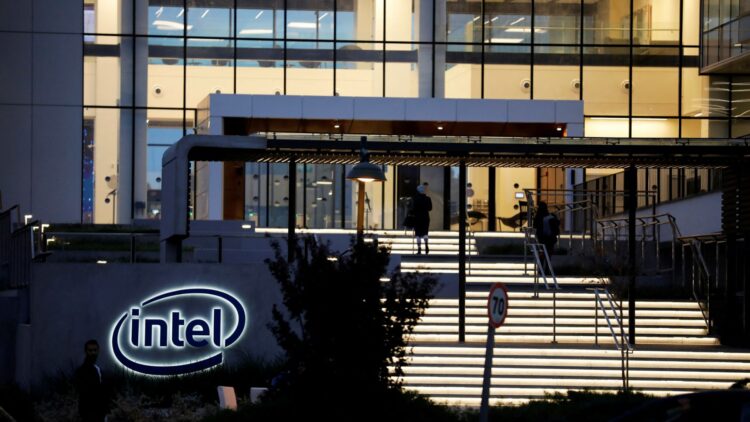Amid ongoing political and trade tension between the United States and China, the recent controversy surrounding Intel’s new CEO, Lip-Bu Tan, highlights the challenges facing the semiconductor industry, not only geopolitically. The suspicions raised by American political figures about the executive’s ties to Chinese companies raise the topic of national security and the urgency of the U.S. to consolidate its leadership in domestic chip manufacturing.
Trump demands departure of Intel CEO
U.S. President Donald Trump on Thursday demanded the immediate resignation of new Intel CEO Lip-Bu Tan, calling him “highly conflicted” due to his ties to Chinese firms and raising doubts about plans to turn around the struggling American chip icon. Trump’s comments came a day after Reuters was first to report that Republican Senator Tom Cotton had sent a letter to Intel’s board chair with questions about Tan’s ties to Chinese firms and a recent criminal case involving his former firm Cadence Design.
“The CEO of INTEL is highly CONFLICTED and must resign, immediately. There is no other solution to this problem,” Trump said in a post on his Truth Social platform.
A leadership change could pile pressure on Intel, which is a pillar of U.S. efforts to boost domestic chipmaking. Last year, it secured $8 billion in subsidies, the largest outlay under the 2022 CHIPS Act, to build new factories in Ohio and other states.
Despite political pressure, Tan reaffirms his commitment to Intel’s transformation and the growth of the American semiconductor industry, emphasizing the importance of maintaining the trust of investors and government officials.
Intel and investors reaffirm support for restructuring plan
Intel’s board was “fully supportive” of the company’s work to transform its business and ramp up advanced chip manufacturing later this year, Tan added in a statement posted on the company’s website.
“My reputation has been built on trust – on doing what I say I’ll do, and doing it the right way… this is the same way I am leading Intel,” he said. “We are engaging with the Administration to address the matters that have been raised and ensure they have the facts.”
David Wagner, head of equity and portfolio manager at Intel shareholder Aptus Capital Advisors, said while “many investors likely believe that President Trump has his hand in too many cookie jars, it’s just another signal that he’s very serious about trying to bring business back to the U.S.”
Government and market reaction to Intel leadership
Amid the debate, White House officials reiterate the administration’s commitment to ensuring that strategic companies like Intel are led by trusted individuals to protect national interests, reinforcing the importance of economic and technological security in a scenario of growing rivalry with China.
A White House official said, “President Trump remains fully committed to safeguarding our country’s national and economic security. This includes ensuring iconic American companies in cutting-edge sectors are led by men and women who Americans can trust.”
Intel adjusts strategies and faces operational challenges
Tan has largely abandoned his predecessor’s strategy, aggressively shrinking the company’s workforce and putting on hold planned manufacturing plants globally. The production process that Intel hoped would pave the way to winning manufacturing deals and restore its edge in churning out high-end, high-margin chips is also facing a big hurdle on quality as it puts newer technologies to the test, Reuters reported earlier this month.
Intel’s current situation is just one more example that demonstrates the difficulties faced by American companies in the semiconductor industry, whose evolution is always accompanied by national security issues. The unfolding of this crisis will have a direct impact on the U.S.’s ability to remain competitive against China, especially in a sector vital to the country’s economic and military future.
GCN.com/Reuters


